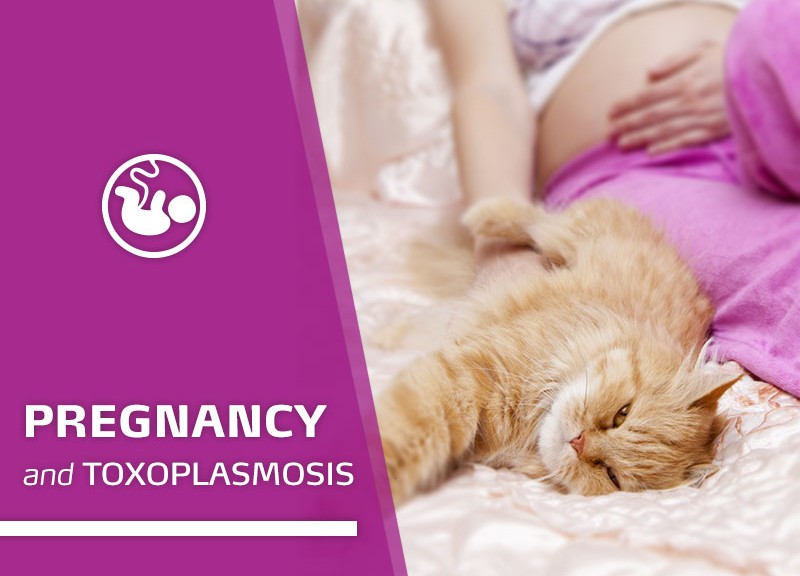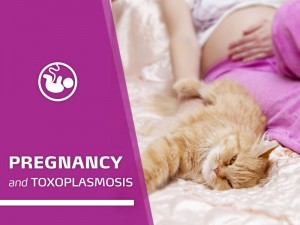Most of you have probably heard of toxoplasmosis. It is a disease of cats caused by a microscopic parasite called Toxoplasma gondii that can affect humans. Although cats are the parasite’s definitive host, it can also affect most warm blood animals.
This parasite is extremely well adapted to its host and most cats infected with toxoplasmosis do not show any signs. Cats usually become infect by eating raw or uncooked meat containing T gondii cysts. This can happen when they hunt for rodents for example.
The disease also goes unnoticed in most affected humans, causing in some cases just mild flu symptoms. This disease can be more serious if the affected human has a compromised immune system, such as someone undergoing treatment for cancer for example, the very young or the elderly. The parasite can also affect pregnant women’s unborn babies. For these reasons, toxoplasmosis raises understandable concerns.
It is important to clarify that a human is far more likely to get toxoplasmosis from unwashed fruits and vegetables, consuming undercooked or cured meat, and from touching its mouth while gardening than from being in contact with a cat. The disease is not passed on by stroking a cat or through a cat’s bites and scratches.
The feline immune system responds very quickly after infection and cats will shed oocysts in their faeces for 10 to 14 days after being exposed to the disease. The oocysts become infectious one to five days after being passed and we can only be infected if we ingest these infectious oocysts. After a cat’s first infection they are very unlikely to shed oocysts again in their lifetime and if that does happen they will shed a very low number of oocysts.
If a few basic hygiene preventative measures are followed the risks are reduced even more and you have nothing to fear from your cat. These recommendations are especially important if you belong to one of the vulnerable groups (being immunocompromised, being pregnant or considering getting pregnant):
- Make sure you cook all meat thoroughly and avoid eating cured meats
- Please don’t forget to washall cooking utensils and surfaces that came in contact with any uncooked meat
- Wash fruits and vegetables thoroughly to remove any traces of soil
- Use gloves when gardening and wash your hands afterwards.
- Don’t feed your cat raw or uncooked meat and if possible, try to discourage him or her from hunting rodents and birds.
- Ask someone to clean your cat’s litter box for you. If this is not possible wear gloves and wash your hands afterwards. The litter box should be scooped every day and litter trays should be regularly disinfect using hot water.
If you have any questions about toxoplasmosis contact your vet and ask for advice.
Would you like to know more about cats? Check our Feline Courses:

